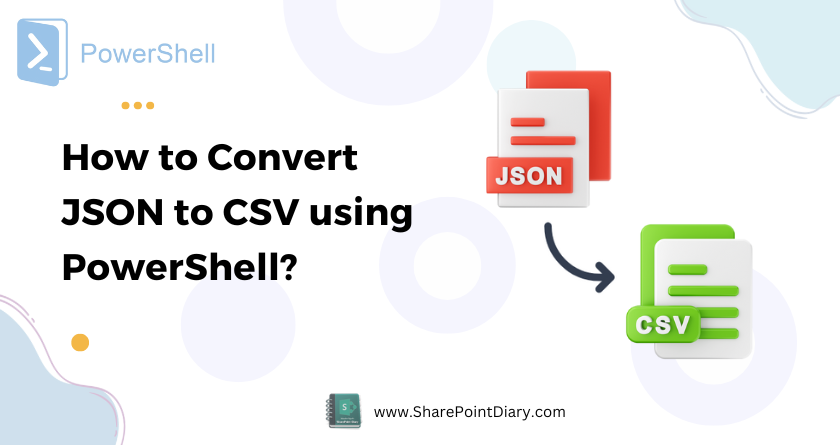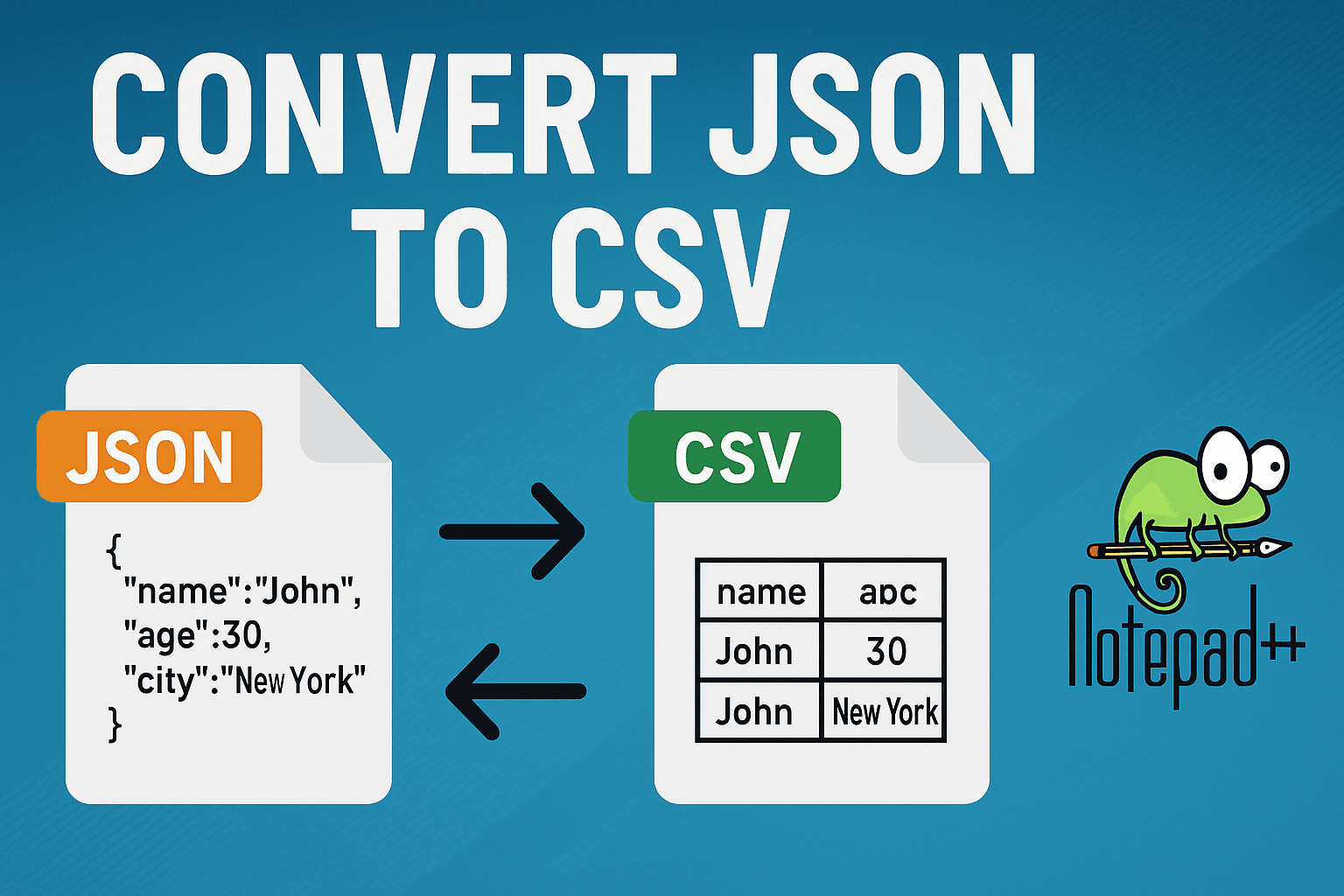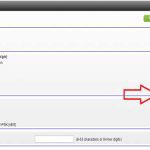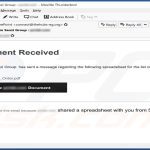Converting JSON to CSV seems straightforward, but common structural issues often disrupt the process. Here are key problems and their solutions:
Problem: Inconsistent JSON Structure
JSON arrays often contain objects with varying keys. CSV requires consistent columns.
Fix:

- Flatten Nested Objects: Break complex nested structures into separate columns using dot notation.
- Define Explicit Headers: Specify all possible column headers upfront.
- Handle Missing Keys: Ensure your conversion logic inserts empty values or 'NA' for missing properties.
Problem: Arrays Within JSON Objects
CSV cannot directly represent nested lists/arrays.
Fix:
- Stringify Arrays: Convert arrays to a single string value within the CSV cell.
- Denormalize Data: Create multiple CSV rows for each element in the array, duplicating parent object data.
Problem: Data Type Mismatches
JSON supports rich data types; CSV treats everything as a string.
Fix:
- Pre-Process Complex Types: Convert dates, booleans, or nulls to standard string representations before conversion.
- Post-Process in CSV: Import CSV specifying correct data types.
Problem: Encoding and Special Characters
Characters like commas or quotes break CSV parsing.

Fix:
- Enforce Quoting: Ensure all text fields are enclosed in quotes.
- Escape Internal Quotes: Double internal quotes within quoted fields.
- Specify Encoding: Use UTF-8 encoding consistently.
Using dedicated libraries or tools with options for flattening, quoting, and handling encoding minimizes most conversion headaches.











